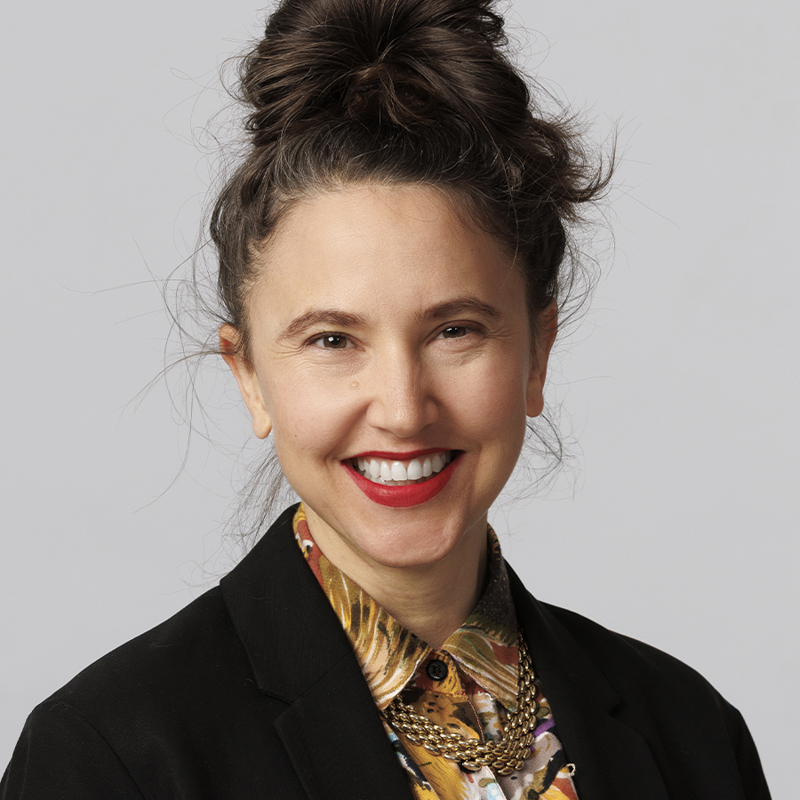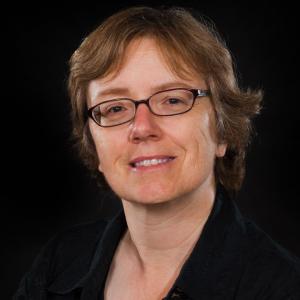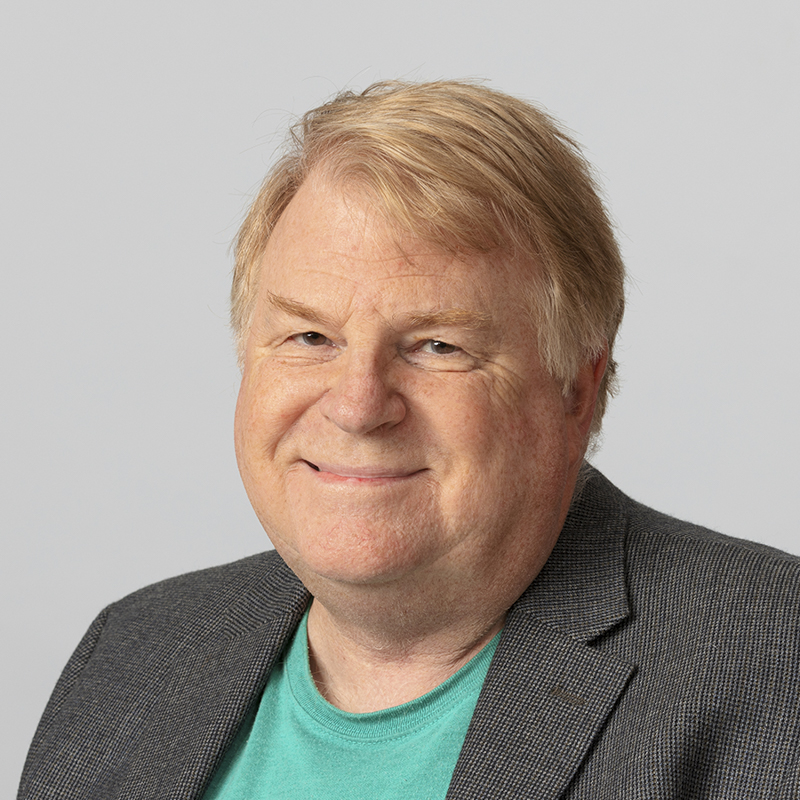Master of Arts in Art History (MA)
The M.A. in Art History is a two-year program of study offering a broad range of courses in art history, with many opportunities for advanced study and independent research. The Art History M.A. degree provides a comprehensive foundation in western art, as well as critical, cultural, and visual theories and methodologies. Our nationally-recognized faculty specialize in Classical, Renaissance and Baroque Europe, American, and Modern and Contemporary art.
Our M.A. program develops skills in critical thinking and visual analysis applicable to a wide range of professional and civic pursuits. The M.A. is a necessary preliminary degree for the PhD in art history, but it’s also increasingly a requirement for entry-level employment in many arts-related fields. Our recent M.A. graduates are now studying at Cornell University, Columbia University, the University of Oklahoma, and are employed as teachers at colleges, at New York galleries, and as lawyers.
Successful applicants will be considered for graduate teaching awards, including the Stuart and Lynn Embury Graduate Assistantship, which gives preference to students writing their thesis in American art.
Graduate students in classes and internships are encouraged to work with the Sheldon Museum of Art, which has a world-class collection of American art. This strength is complemented by the International Quilt Museum, the world’s largest collection of quilts, which offers a graduate certificate, and the Great Plains Art Museum, with a broad collection of 20th-century Native American and western art. Graduate students have also worked with the Native American art in the State Museum at Morrill Hall and minors are possible in both Native American Studies and Great Plains Studies. Students interested in Medieval/Renaissance/Baroque art have significant collections at the Joslyn Art Museum in Omaha and the Nelson-Atkins Museum in Kansas City. Finally, graduate students have gained the Certificate in Digital Humanities from Nebraska’s internationally known Center for Research in the Digital Humanities, learning 3-d modeling, geo-spatial mapping, data mining and tool building.
Program Requirements
The M.A. program requires a minimum of 36 credit hours, balanced between coursework designed to promote coverage of the field, cross-disciplinary explorations, focused research, and a written thesis. M.A. candidates must pass a written comprehensive exam by their third semester and an oral exam on their thesis research. Competency in a modern foreign language is also required.
Applicants ordinarily have a bachelor’s degree with an art history major or minor, however we recognize that M.A. applicants may come from a wide variety of backgrounds that may require individual structuring of their programs. Those without a demonstrated background in art history may be advised to take undergraduate courses in art history prior to admission to the program or concurrent with their M.A. studies (these classes will not count toward M.A. program requirements). Regardless of an applicant’s undergraduate major, admission to the M.A. program assumes a minimum of a B average in undergraduate work. In addition, the applicant must meet the standards of admission to the Graduate School, and must take the Graduate Record Examination (GRE). Questions about the application can be directed to Prof. Andrea Bolland at abolland1@unl.edu.
Mediterranean Archaeology
Students of ancient art at UNL have many opportunities for archaeological fieldwork and to enhance their research with cutting-edge digital technologies. Our focus is Mediterranean and Classical archaeology, spanning the prehistoric through Byzantine periods, and faculty in affiliated departments bring additional expertise in Mesoamerican and historical archaeology of the American Southwest and the Great Plains. A focus on Mediterranean Archaeology will prepare students for a Ph.D. in Ancient art, Classical archaeology, and related fields.
Our flagship project is UNL’s excavation at the Roman-era site of Antiochia ad Cragum in Turkey, directed by Professor Michael Hoff. Its plentiful architectural and sculptural remains offers a rich source for M.A. theses as well as comprehensive training in archaeological methods.
Affiliated Faculty at UNL
- Professor LuAnn Wandsnider, Chair of Anthropology: Archaeological method and theory, Pre-Columbian North America, Hellenistic-Roman Asia Minor
- Dr. Effie Athanassopoulos, Classics / Anthropology: Roman to Byzantine Greece, landscape archaeology, 3D scanning and analysis
- Dr. James Coltrain, History / CDRH: Early Americas, Visual and Material Cultures, Digital History, 3D modeling
- Dr. Carrie Heitman, Anthropology / CDRH: Chaco Research Archive, Archaeology and Ethnohistory of the American Southwest
- Dr. Heather Richards-Rissetto, Anthropology / CDRH: MayaArch3D Project (Copan), Central America, Archaeology, GIS, 3D visualization
Digital Research
Digital research is a major strength on campus, and Art History is represented in UNL’s Center for Digital Research in the Humanities. The faculty affiliated with this highly interdisciplinary enterprise includes archaeologists and historians with expertise in textual analysis, mapping, GIS, landscape archaeology, 3D recording and visualization, and related fields. We encourage students in our M.A. program to take advantage of the new opportunities for analysis and publication offered by digital techniques and the graduate certificate in Digital Humanities.
Minors, specializations, and certificates
The requirements for the M.A. in Art History are flexible in order to allow a minor in any number of fields. Students are encouraged to seek minors, specializations, and certificates in related fields such as:
Application
The School of Art, Art History & Design has an entirely online application system. The application for the MA in Art History has two parts. Due to a waiting period between parts one and two, the application will require several days to complete.



